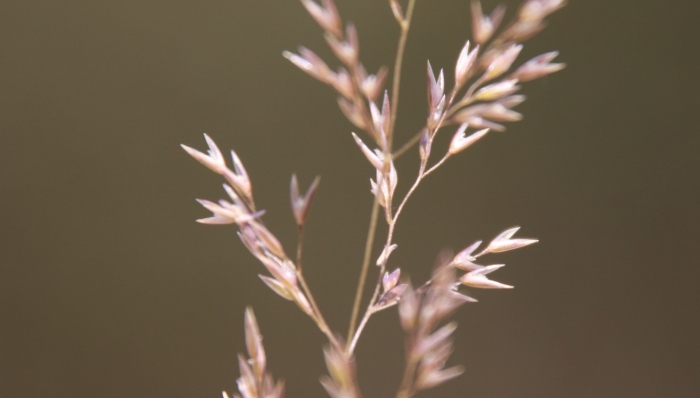Seashore Bentgrass
(Agrostis pallens)
Seashore Bentgrass (Agrostis pallens)
/
/

Millie Basden
CC BY 4.0
Image By:
Millie Basden
Recorded By:
Copyright:
CC BY 4.0
Copyright Notice:
Photo by: Millie Basden | License Type: CC BY 4.0 | License URL: http://creativecommons.org/licenses/by/4.0/ | Rights Holder: Millie Basden | Publisher: iNaturalist | Date Created: 2020-06-03T11:05:14-07:00 |















Estimated Native Range
Summary
Agrostis pallens, commonly known as Seashore Bentgrass, is an evergreen perennial grass native to coastal prairies, meadows, and open woodlands in the Western USA and Canada. It typically grows in bunches 10–70 cm (3.9–27.6 in) tall, with fine-textured, narrow leaves that form a dense turf. The grass produces delicate, airy flower panicles from April to May, which are not particularly showy but add a subtle texture to the landscape. Seashore Bentgrass is valued for its drought tolerance once established and its ability to thrive in coastal conditions.
Seashore Bentgrass is often used for low-maintenance lawns, erosion control, and restoration projects due to its adaptability to various soil types and its ability to withstand occasional foot traffic. It is also suitable for golf course roughs and as a ground cover in urban green spaces. While it prefers full sun or part shade, Seashore Bentgrass requires regular watering, especially in dry climates, and benefits from soils with medium to slow drainage. It is not known for significant disease or pest issues, but proper watering and aeration can prevent common grass problems.CC BY-SA 4.0
Seashore Bentgrass is often used for low-maintenance lawns, erosion control, and restoration projects due to its adaptability to various soil types and its ability to withstand occasional foot traffic. It is also suitable for golf course roughs and as a ground cover in urban green spaces. While it prefers full sun or part shade, Seashore Bentgrass requires regular watering, especially in dry climates, and benefits from soils with medium to slow drainage. It is not known for significant disease or pest issues, but proper watering and aeration can prevent common grass problems.CC BY-SA 4.0
Plant Description
- Plant Type: Grass
- Height: 0.4-2.4 feet
- Width: 0.167-1 feet
- Growth Rate: Moderate
- Flower Color: N/A
- Flowering Season: Spring
- Leaf Retention: Evergreen
Growth Requirements
- Sun: Full Sun, Part Shade
- Water: High
- Drainage: Medium
Common Uses
Bank Stabilization, Border Plant, Fire Resistant, Groundcover, Low Maintenance, Salt Tolerant
Natural Habitat
Native to coastal prairies, meadows, and open woodlands
Other Names
Common Names: Dune Bent, Dune Bentgrass, Seashore Bent, Thingrass, Agrostide Pâle
Scientific Names: , Agrostis pallens, Agrostis diegoensis, Agrostis lepida, Agrostis exarata var. littoralis, Agrostis multiculmis, Agrostis canina var. stolonifera, Agrostis pallens var. foliosa, Agrostis densiflora var. littorale, Agrostis densiflora var. littoralis
GBIF Accepted Name: Agrostis pallens Trin.